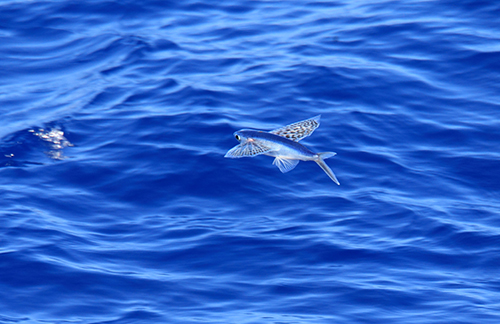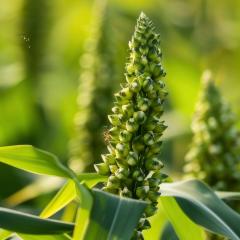A framework for identifying the most vulnerable marine species will boost global conservation and policy efforts against anthropogenic climate change.
University of Queensland researchers and global marine experts developed the framework by reviewing marine biology literature and categorising a wide range of threats – from climate change, to pollution, to fishing – faced by more than 45,000 species.

Dr Nathalie Butt from UQ’s School of Earth and Environmental Sciences said the research revealed the most endangered species from all threats.
“Molluscs, corals, and echinoderms – hard or spiny creatures such sea urchins – are truly feeling the impacts in our oceans, facing a diverse range of threats,” Dr Butt said.
“They’re affected by fishing and bycatch, pollution and climate change.
“Flowerpot corals – an incredibly fragile but stunning form of coral found in the Pacific and Indian Oceans and the Persian Sea – is one group of species that is especially affected by climate change-related stressors, such as ocean acidification.
“We also discovered that starfish, sea snails and flying fish are increasingly vulnerable to climate change-related stressors, all of which can be found in oceans around the world.
“Roughy fishes are quite vulnerable to the effects of pollution, including organic, inorganic, and nutrient pollution, which was quite a surprise, as they live at a range of depths, including deep sea, which demonstrates how far the effects of pollution are spreading.”
The project was jointly researched with the University of California Santa Barbara (UCSB) and involved global taxonomic experts from around the world.
The research has been published in Ecosphere (doi.org/10.1002/ecs2.3919).



